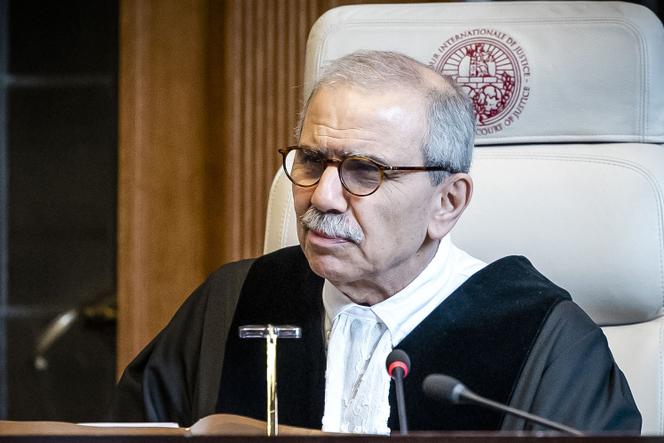


Nawaf Salam had been in the running as a potential prime minister of Lebanon since the anti-system protests in 2019. But he had never obtained the necessary number of votes to be nominated. In a sign of the restructuring underway in the Middle East, the tide has turned: the legal expert with a reformist profile, from the country's intellectual elite, was appointed head of government on Monday, January 13. He replaced Najib Mikati, who had held the role in a caretaker capacity for over two years. Salam, 71, who was president of the International Court of Justice (ICJ), won the support of 84 of Lebanon's 128 elected representatives during consultations with the newly elected president, General Joseph Aoun.
Coming from a prominent Beirut family involved in politics, Salam was able to count on the support of several traditional factions, such as Druze leader Walid Joumblatt and the three Christian parties. He has also won the support of the dozen or so "change" MPs who won seats in 2022, campaigning on a break with the dominant political class. On the other hand, neither Hezbollah nor its ally Amal, the two parties who represent Shiites in Parliament, endorsed him, although they did not put any other candidate forward. The outgoing prime minister, who had seemed likely to be reappointed, was nominated by only nine MPs. A handful of other MPs did not nominate a candidate.
You have 83.41% of this article left to read. The rest is for subscribers only.
